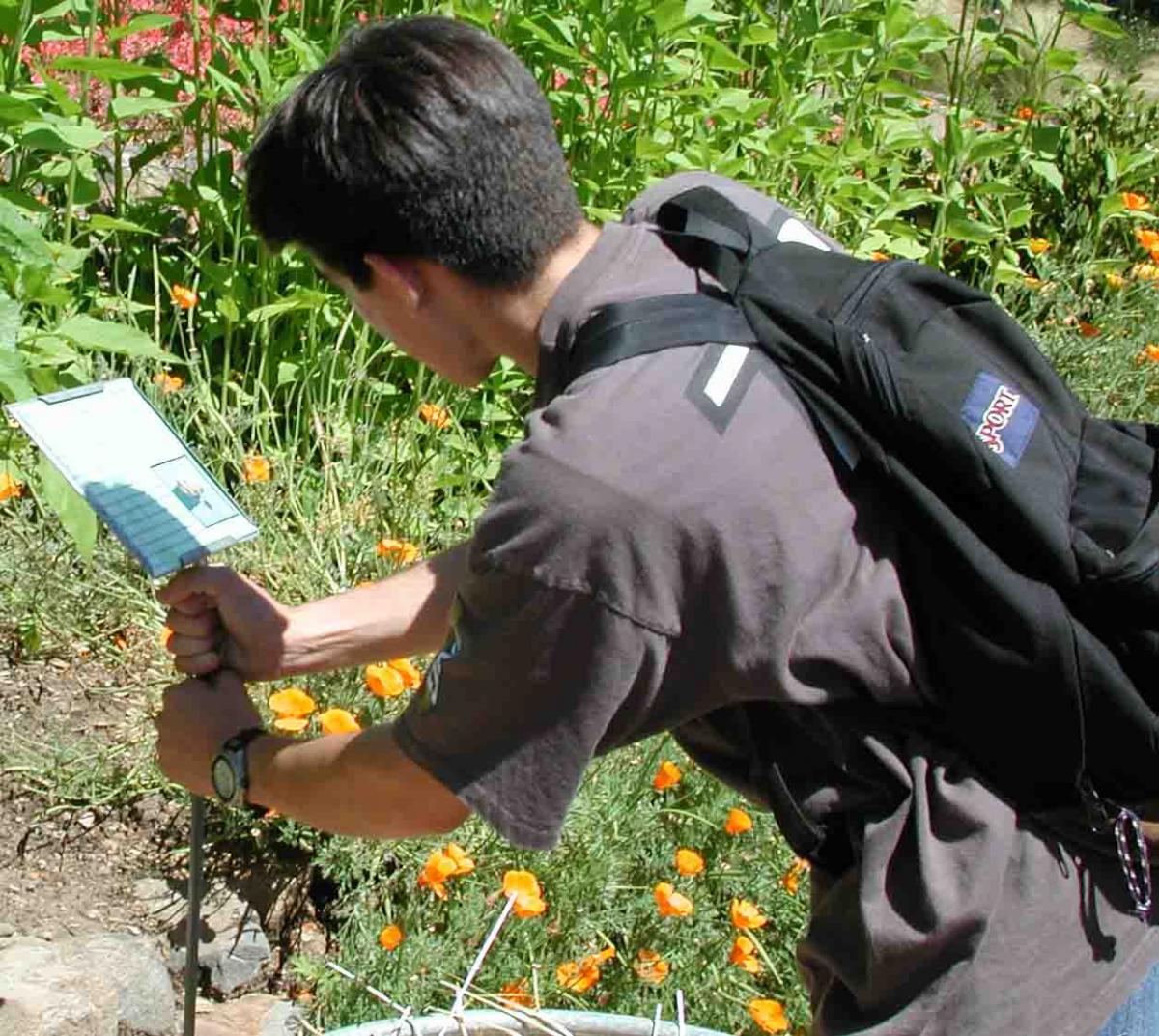University of California, Berkeley | Plant & Microbial Biology
Outreach
The Center for Plant Genomics Training and Education

I. Objectives:
The Center for Plant Genomics Training and Education, established in 2002 with the fundamental mission to increase the participation of underrepresented students, teachers and the public in science education, particularly in the field of plant genomics research, coordinates education and training programs that not only increase science literacy by providing public access to current information and technology, but also bring together international and domestic scientists, teachers of science at elementary and high school levels and students of all grades to help reduce the gap in United States science education.
II. Organizers
A. Barbara Baker, NSF Potato Project PI, and founder of the center developed conceived the center, helped train students, contributeed advice, guidance and knowledge for the preparation of the plant biotechnology curriculum.
B. Dr. Chuck Brown, NSF Potato Project Co-PI, and co-founder of the center headed the bioinformatics workshop in Washington, co-coordinates. Dr. Brown coordinates produces cuttings of virus-free Ozette and provides them to the Makah Nation each Spring.
C. Aaron Friedman, Staff Research Associate/ Outreach Coordinator, Summer Genomics Workshop coordinates the curriculum development of the project. He coordinated the Brown Lab-Makah Nation and UCB-TIGR summer genomics program.
III. Specific Achievements:
A. Summer Bioinformatics Workshop
Objectives
The objective of the Bioinformatics Workshop is to tailor the bioinformatics resources of the Brown Lab, The Baker Lab, TIGR, National Center for Biotechnology Information (NCBI), Washington State University-Tri-Cities and Batelle Pacific Northwest Laboratory into an education and training workshop accessible to underrepresented high school students and teachers in the Prosser/ Tri-Cities Washington region.
Training and Education Activities
Bioinformatics applies to the sciences involved in storing genetic information in databases, and the applied analysis of that information. Analysis involves determining the relationships of specific nucleotide and protein sequences with other sequences using sequence, function, mapping position in the genome and taxonomic association. We will be exploring the databases of the National Center for Biotechnology Information, and becoming familiar with the plant genomics research.
The study of biology is rapidly changing, necessitating knowledge of genetic databases and skills in extracting and efficiently utilizing vast amounts of information. Online databases are an exemplary way to engage biology classes, requiring nothing in terms of budgetary resources to supply consumables. This workshop introduced both students and teachers of all levels to the field of bioinformatics through presentations and hands-on computer based activity sessions. Presentations by researchers at UC, Berkeley TIGR, NCBI, USDA/ARS and Batelle Pacific summarized the use of bioinformatics data in current research, providing a relevant context for workshop participants.
